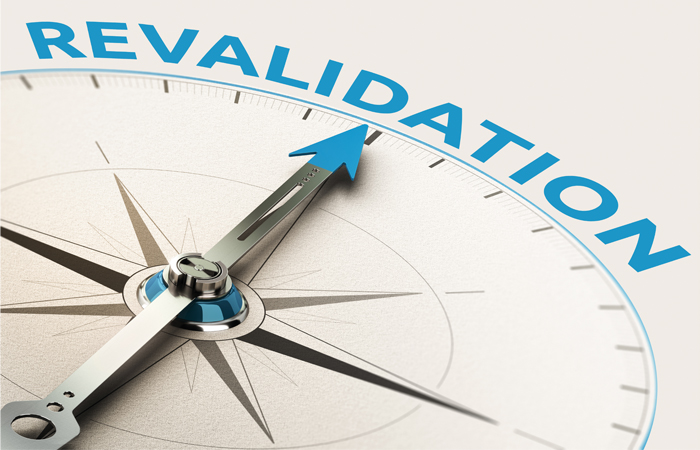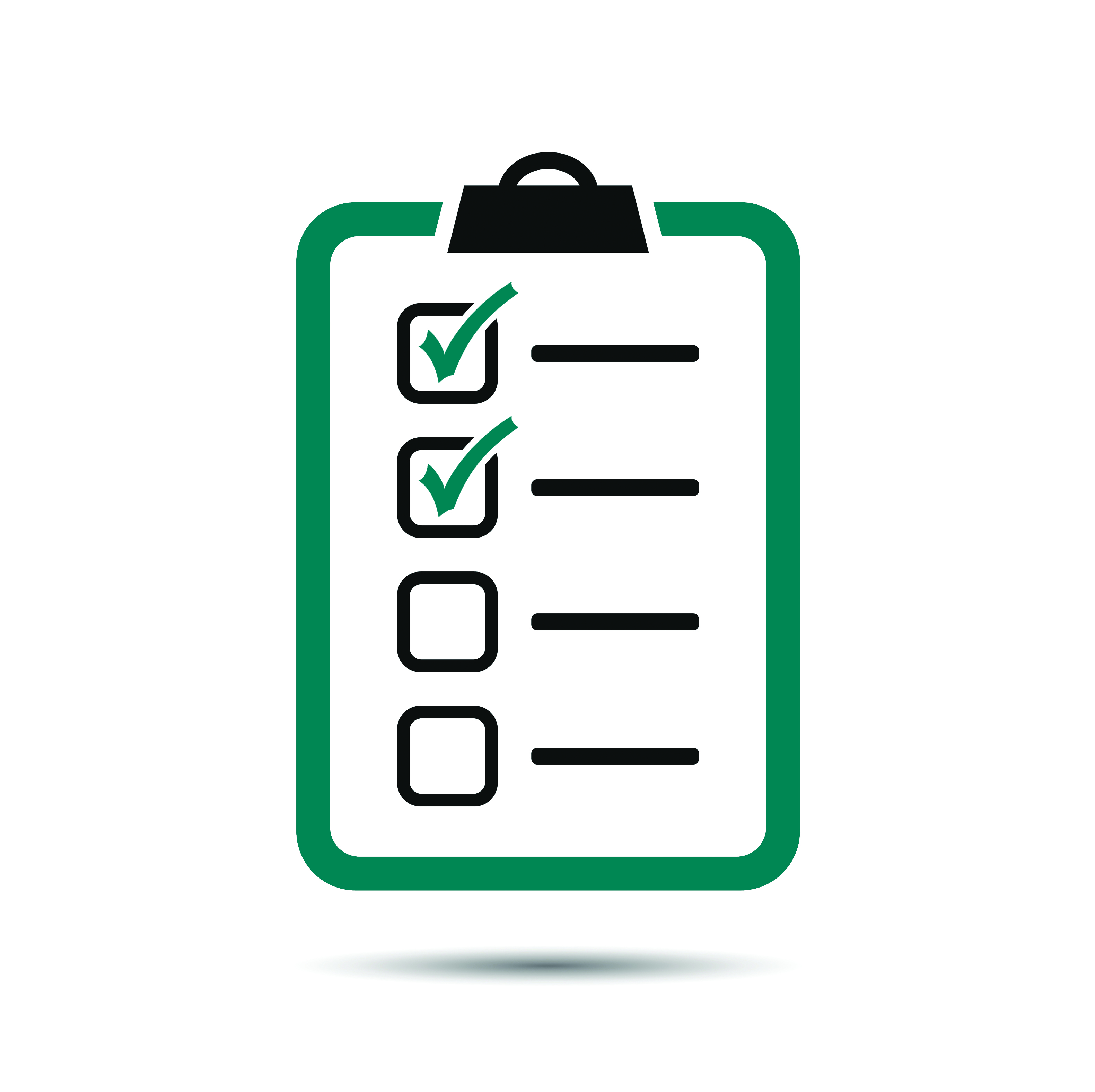Reflections on revalidation: part two
In Learning
Follow this topic
Bookmark
Record learning outcomes
In the second article in our new series, our feature writer Asha Fowells muses on her own revalidation journey.

I’m old enough to remember when continuing education (CE) was a thing. It involved going to a workshop or completing a distance-learning package, and in return you’d receive a certificate that said how many hours of CE you had completed.
Often what you learned was guided by what was available, so, for example, you might clock up four hours of CE by attending a lecture on rather gruesome dermatological complaints rarely seen in community pharmacy – because that’s what was on at a convenient time in a nearby location. It seems anachronistic now, but you got your 30 hours as and when you could.
Then came continuing professional development. More self-directed, this was an improvement. Pharmacists were encouraged to identify gaps in their knowledge or skills, find activities that would help fill the void, and then think about how it had improved their practice.
CPD went through several iterations in terms of recording – all of which felt somewhat repetitive and therefore onerous, regardless of whether on paper or online – but it marked a shift to a more considered and individualised approach, which was a good thing for pharmacists and patients alike. The recent introduction of revalidation ushers in another new era.
The much-maligned CPD recording website (uptodate.org.uk) has gone read-only and will be taken down altogether on June 6. So partly out of nostalgia, and partly out of anxiety about losing my old CPD records – which I was regarding as “years of work”, both erroneously and over-dramatically – I logged on to see what I wanted to hold onto.

I was frankly astonished at “previous me”. My records were precise in their detail – perhaps why I got such a high rating from the GPhC when it came to submitting my CPD a few years ago – and my rather geeky love of learning was very evident. It was also easy to print or save records (much more straightforward than logging in, which involved looking up my registration number on the GPhC website and requesting to reset my password), so I dutifully did so, doing a ‘batch save’ in PDF format on my work computer.
Later on that day, I wondered just why my instinct was to hold onto something I was highly unlikely to refer to in the future. I wouldn’t be able to use any of the entries for revalidation as they did not fall within the predetermined time period. Much of what I’d done would be due another update anyway. And what I learned from previous development activities was now either no longer required or well embedded in my practice.
Old habits...
I was holding onto my CPD records much as I hang onto my A level revision notes. Simply habit. A feeling that they would help me prove something, should a day of reckoning come. Maybe I was also fuelled by a touch of fear but it felt, frankly, nonsensical.
Perhaps that whole thought process is proof of how far pharmacy professionals have come. Reflection is now something we do consciously, yet without thinking. That behaviour will stand us in good stead – as will our experience in logging all those articles read, workshops attended, courses completed – when it comes to undertaking and documenting revalidation activities.
The journey from CE to CPD has perhaps been more transformative than we realise.
You got your 30 hours as and when you could
